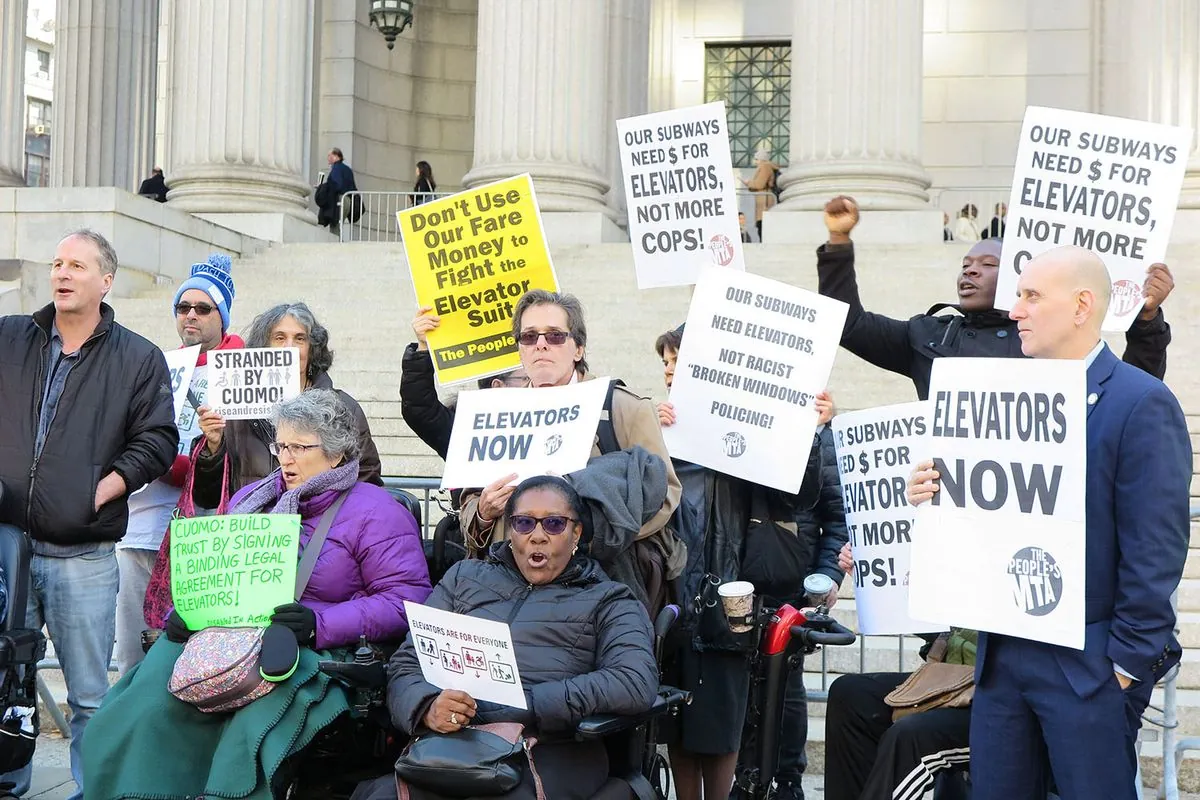In a significant legal move, disability rights organizations in Canada have initiated a court challenge against the country's framework for medically assisted death. The case, filed on September 25, 2024, with the Ontario Superior Court of Justice, argues that providing assisted death to individuals whose death is not "reasonably foreseeable" infringes upon their constitutional rights.
Canada legalized medical assistance in dying (MAID) in June 2016, becoming one of the few countries worldwide to do so. Initially, the law required that natural death be "reasonably foreseeable." However, in 2021, amendments expanded eligibility to include those with grievous and irremediable medical conditions, even if death was not imminent.
The current MAID framework in Canada operates under two tracks:
1. For individuals whose death is considered "reasonably foreseeable"
2. For those whose death is not deemed imminent by medical professionals
The legal challenge focuses on the second track, which has seen growing usage since its introduction. Disability advocates argue that this track increases the risk of premature death for disabled individuals experiencing intolerable suffering but not at the end of their lives.
The notice of application states: "Death should not be a solution for disabled people who experience intolerable suffering but are otherwise not at the end of their lives." This sentiment echoes concerns raised by the United Nations, which has expressed worry about Canada's MAID laws and their potential impact on disabled people.
The case also includes personal experiences, with one individual reporting being advised about assisted death options while seeking care in hospital, despite her intention to seek help for living. This highlights the complex ethical considerations surrounding MAID in Canada.
"The availability of medical assistance in dying to persons whose natural death is not foreseeable has caused her and will continue to cause her, serious harm."
Proponents of MAID argue that the right to choose death is fundamental for suffering individuals. However, some disability advocates contend that accessing a dignified death has become easier than obtaining resources or interventions that would make life more bearable.
It's worth noting that Canada's approach to MAID is part of a global trend. The Netherlands was the first country to legalize euthanasia in 2002, followed closely by Belgium. Other nations, including Luxembourg, Colombia, and Spain, have since implemented similar laws. In 2022, 3.3% of all deaths in Canada were attributed to MAID, reflecting a steady increase since its legalization.
The current legal challenge comes just a month after another was filed, contesting the exclusion of individuals whose sole underlying condition is a mental illness from the MAID framework. These cases underscore the ongoing debate surrounding end-of-life choices and the rights of vulnerable populations.
In response to the challenge, a spokesperson for the justice department stated that the government is committed to ensuring laws reflect Canadians' needs, protect vulnerable individuals, and support autonomy and freedom of choice. The government will present its position in court submissions.
As this legal battle unfolds, it brings to the forefront crucial questions about the balance between personal autonomy, protection of vulnerable groups, and the role of medical professionals in end-of-life decisions. The outcome of this case could have far-reaching implications for Canada's approach to medically assisted death and disability rights.
